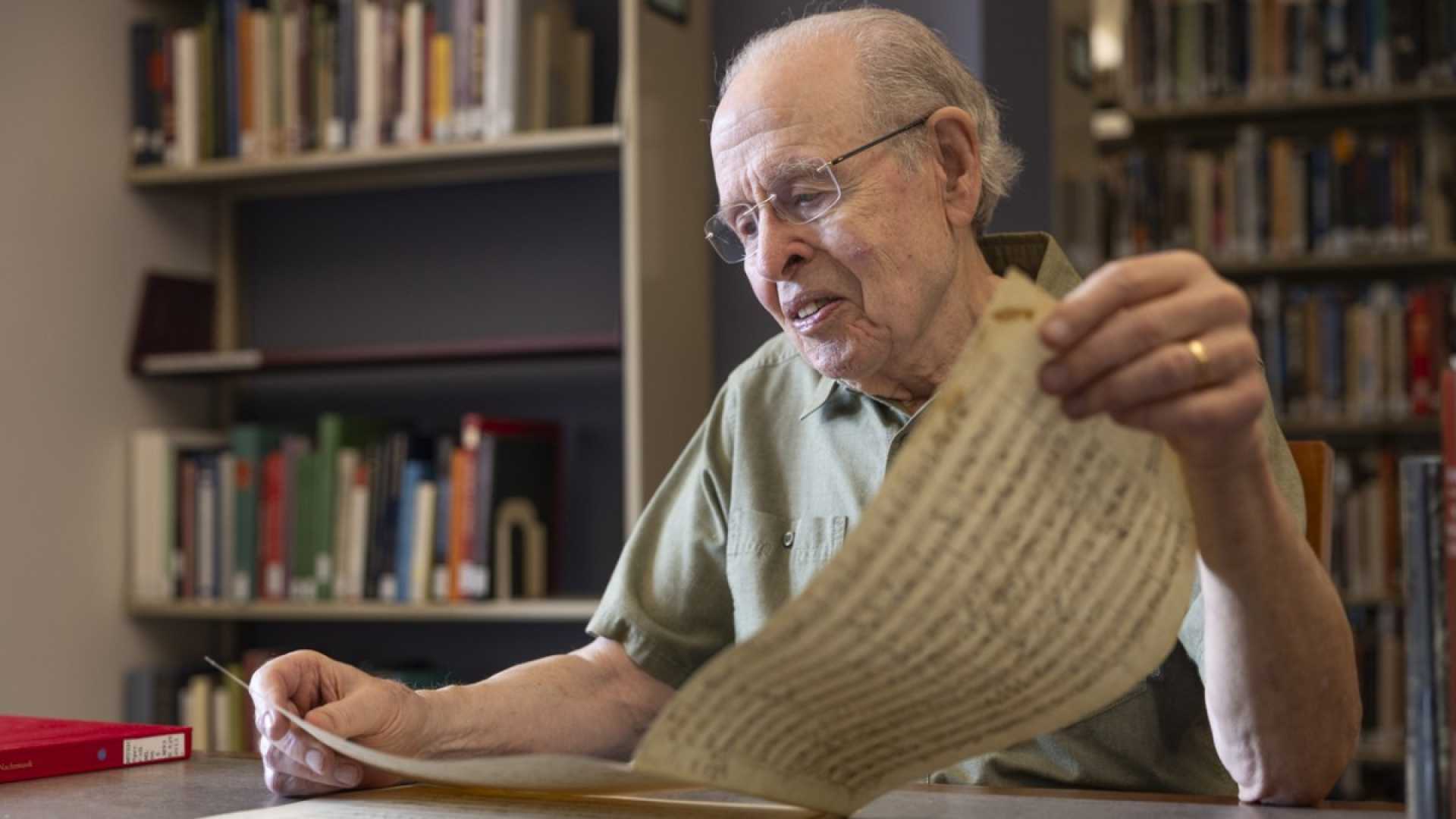News
Comprehensive Mozart Catalog Completed After Decades of Research

Mozart was a musical prodigy, an exceptional performer, and a tireless composer. However, he lacked discipline in organizing his works. Following Mozart’s untimely death at the age of 35, there was a strong initiative to compile a thorough chronology of his over 600 compositions. This effort involved extensive investigation, uncertainty, speculation, and revisions that spanned nearly two centuries.
Professor Emeritus of Music at the College of Arts and Sciences, Neal Zaslaw, is the latest, and potentially the last, to compile the Köchel Catalog, named after Ludwig Ritter von Köchel. Köchel created the first systematic inventory of Mozart’s works in 1862. Zaslaw’s newly released catalog, which took over three decades to complete, will be celebrated in Salzburg, Austria, the birthplace of Mozart.
As the son of a professional musician, Mozart began performing, touring, and composing at a young age. Throughout his life, he amassed a significant number of patrons, commissions, tours, publishers, and score copyists. When he passed away in 1791 during a flu epidemic, he left behind an extensive array of manuscripts and editions scattered across Western Europe. Zaslaw noted that much of Mozart’s music was published in multiple cities due to the absence of international copyright laws, leading to missing works and forgeries.
Ludwig Ritter von Köchel, an avid Mozart enthusiast, assembled the initial catalog, organizing Mozart’s works chronologically and by genre. However, this catalog still had gaps and errors. Subsequent editions only increased confusion, particularly during times of conflict such as the world wars.
In 1992, Zaslaw was approached to create a new edition of the catalog. Despite the challenges, including geopolitical and logistical hurdles, Zaslaw accepted the task.
Zaslaw’s journey in music began as a professionally trained flutist, performing with the American Symphony Orchestra under Leopold Stokowski. He later turned to academia and became a prominent figure in Mozart studies. His commitment to bridging the gap between performance and scholarly research has been evident throughout his career.
Completing the Köchel Catalog was a formidable task due to the ongoing discoveries, corrections, and Mozart’s iterative approach to composing. Zaslaw leveraged new resources, including the internet and international collaboration, to address these challenges.
The tradition of Köchel numbering presented a unique obstacle. Changing familiar numbers linked to Mozart’s works could have caused confusion. To address this, Zaslaw retained the previous numbering while introducing a new index system.
Despite the long process, the completion of Zaslaw’s catalog is a significant achievement in musicology. It is the fifth official edition and likely the last. Plans are in place to eventually make the catalog accessible online for easier updates and annotations.
Zaslaw will attend the book launch in Salzburg with his family, marking the end of a monumental project in his career. His daughters humorously remarked that they grew up believing Mozart to be an integral part of their family.












